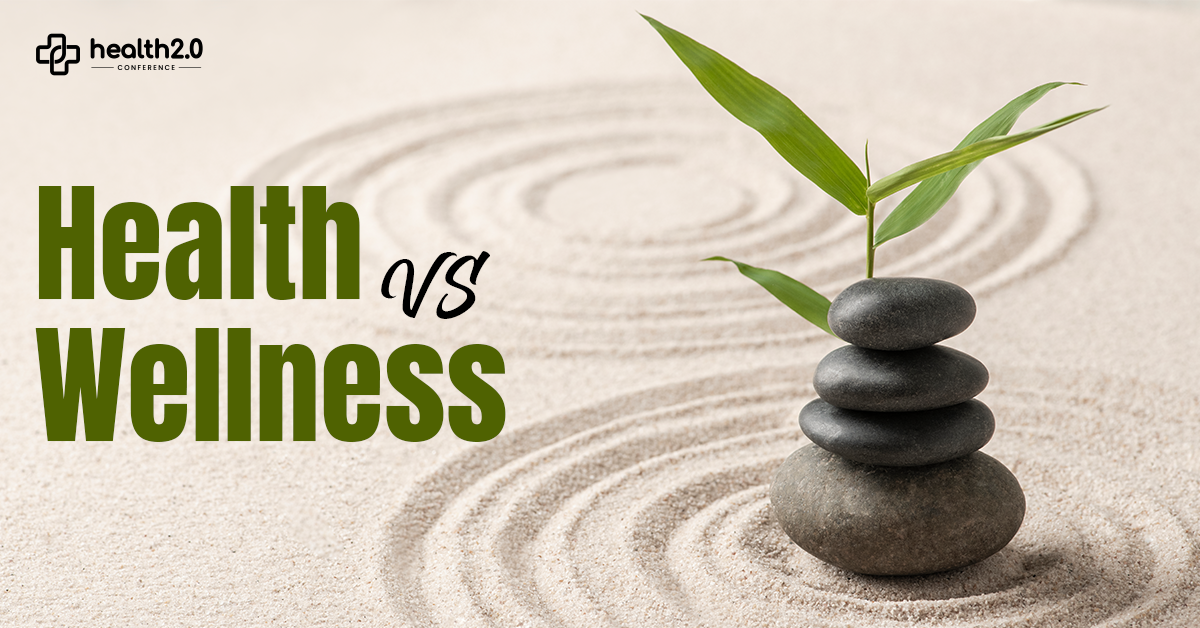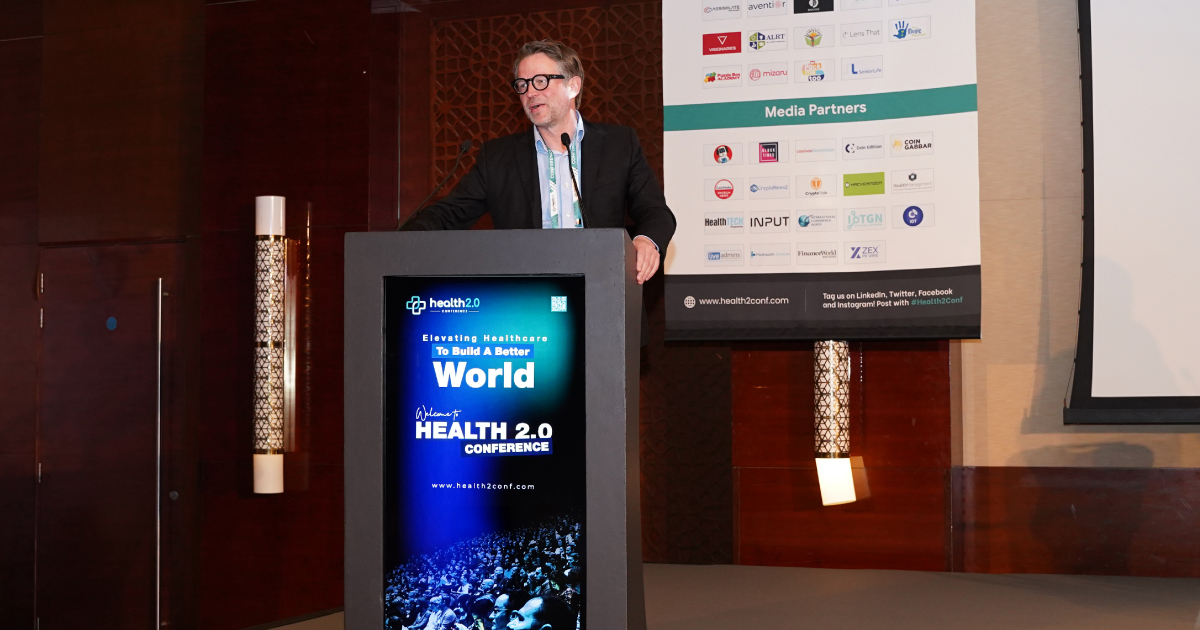You've probably heard the terms "health" and "wellness" used interchangeably. However, there are some significant differences between the two. Understanding the difference between health and wellness can help you clarify your goals, develop a health plan that works for you, and begin to build a quality of life that is sustainable and that you can do for the rest of your life.
So, what's the distinction between health and wellness? Wellness encompasses how we feel in our body as well as how we believe in our mind and heart - and also how we affect those around us. On the other hand, health has a lot to do with physical well-being; freedom from illness or disease. Although these two concepts may seem identical at first glance, each encompasses various aspects of life which are fundamentally different on many levels.
Health Vs. Wellness
While you can work towards wellness, you cannot work towards health. This is because it is a state of being that does not require any effort from your end-- if this applies to someone, they have it.
Since wellness revolves around behaviors that promote good health, the responsibility lies in how we care for ourselves. Doing so for ourselves also improves our overall quality - both mentally and physically - and provides an outlet for our happiness.
Physical Health
Physical health isn't just crucial for your body; it's essential for your brain, too! As has been stressed by nutritionists at health care events in Dubai, you'll start seeing benefits quickly if you prioritize a healthy diet full of nutritious food and physical activity each week. According to them, nutrients that promote brain function include:
-
Fermented foods with pre-and probiotics.
-
Fresh fruits and vegetables.
-
Healthy fats, including omega-3s or monounsaturated fats.
-
Protein sources, either plant- or animal-based.
-
Whole grains and complex carbs.
A balanced diet low in processed food sets your body up for success while preventing chronic diseases such as diabetes, obesity, and heart disease. As suggested by researchers, it boosts our gut microbiome—and they are linked to higher mental health and decreased risk of depression symptoms. In short - what we eat can impact every primary organ system in our bodies.
Mental Well-Being
To lead a better and healthier life, cultivate habits that promote emotional and mental wellness. Alongside eating well and being mindful of your physical health, here are some tips for boosting your mood:
-
Maintain consistent self-care
-
Get plenty of rest
-
Make your connections a priority
-
Don't hesitate to seek assistance
Other Areas Of Wellness
What effect does your surroundings have on your well-being? Is it possible that you live in an area with no nearby parks or green spaces? Do others around you disregard and undervalue who you are as a person? These things collectively make up what we call the environment, which has the power to enhance or harm one's state of being.
Healthcare Coaching, Health, And Wellness
What comes next now that you understand the distinction between health and wellness? You're probably making a list of the changes you'd like to make to your daily routine. Experts at healthcare conferences & events have focused on how to approach health holistically and discover the lifestyle that works best for patients. With the ever-evolving industry, healthcare professionals must step up and present more sustainable lifestyles. For more information, have a look at the Health 2.0 Conference's Dubai & USA agenda.













